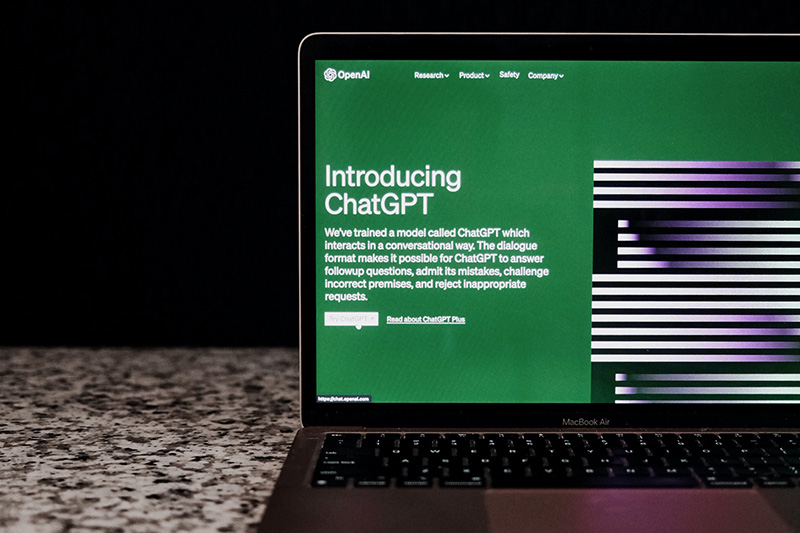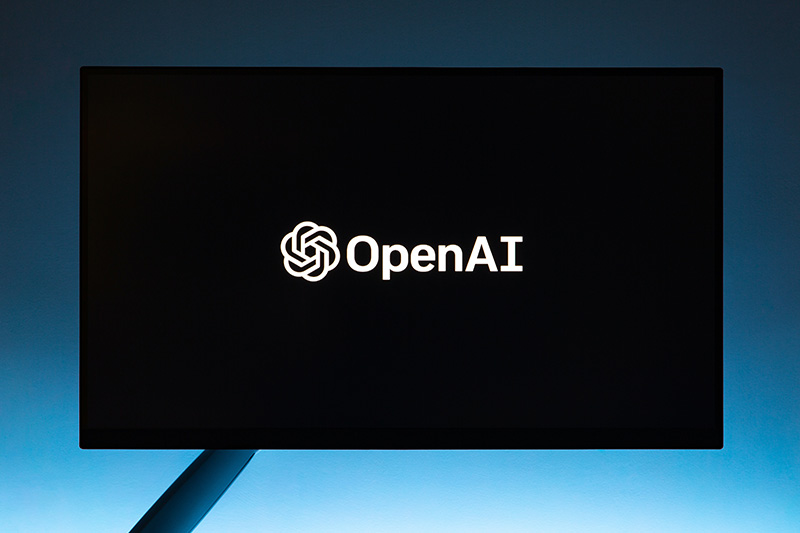How ChatGPT is changing retail
The world of AI technology is evolving at a rapid pace; with last week’s introduction of ChatGPT-4 and the subsequent reveal of the software’s competitor, Google Bard – it’s clear that advanced chatbots are here to stay.
With its ability to answer questions, write poetry, create texts in the voices of specific authors, and more – people across the world are now understanding the true potential of tools like ChatGPT. Over the next few years, it’s likely such technology will impact every industry; and the retail sector is no exception.
In this week’s blog, we’re exploring the various ways in which ChatGPT can be applied in retail and the potential it holds to revolutionise the shopping experience for both customers and stores.
What is ChatGPT?
In essence, ChatGPT is a large language model that can formulate written copy as if it were composed by a human. Trained on a vast encyclopaedia of written works derived from the World Wide Web, the AI system is able to write essays, emails, poetry, answer questions, or generate lines of code based on just a small human-inserted prompt.

Market research
In relation retail, the introduction of an AI chatbot like ChatGPT or Google Bard, could be hugely transformative. Every entrepreneur will tell you that thorough market research is essential to the success of any business – unfortunately, there is a limit to the scale and detail a human can derives from a specific audience. This is where AI comes in.
ChatGPT can collect customer feedback via a digital survey or collate consumer buying history. This data can then be analysed to establish purchasing patterns, pinpoint the most effective marketing channels, and determine the key factors that foster customer loyalty. With a deeper understanding of their customers, businesses can shape their products and services to suit customer demands.
Marketing and sales support
When it comes to raising brand awareness and boosting profits, ChatGPT is becoming an indispensable collaborator in many marketing and sales departments. Being able consider a potential consumer’s interests and create a bespoke marketing message for them, is something marketers have long dreamed of. AI has made this a reality, with its ability to analyse data and provide customised recommendations on products that align with the customer’s preferences, purchase history and behaviour.
Chatbots have been aiding sales teams for many years, but the recent advancements seen in ChatGPT and Google Bard present the opportunity for a more organic interaction between humans and artificial intelligence. Such a system could assist sales reps by providing product information and answering customer queries in real-time. In the e-commerce sector, ChatGPT will enable customers to receive real-time updates on the status of their orders, including shipping information and estimated delivery dates.
It doesn’t stop there – ChatGPT has been trained on a large dataset of text from the internet, and as a result, it can generate text in a wide variety of languages, including English, Spanish, French, Chinese, Russian, and many others. With these advanced language capabilities, retailers can provide customer service and support to consumers across the globe.

Inventory management
Retailers can also utilise ChatGPT to effectively control their stock levels by analysing sales information and forecasting customer demand. Businesses can thus avoid costly issues that can impact customer satisfaction, such as excess inventory or product shortages. The AI is even capable of sending out automatic notifications to retail managers when inventory issues arise.
The future of retail
The concept of machines replacing humans is a hot topic – however, we at Cordis, we believe robots could become a marketer’s new best friend. Forget the post-apocalyptic nonsense depicted in Terminator and look at the adorable R2-D2 and C3PO. Where would Luke Skywalker be without his droid companions? It’s clear that emerging technology, such as ChatGPT, will give companies the ability to unlock greater customer engagement, streamline operations and drive sales – but the human input will still be crucial in helping a marketing campaign reach its full potential.
If you’re seeking harmonious cooperation between humans and robots, get in touch with Cordis today. We specialise in everything from events to social media content creation, design to videography – and we work well with machines!